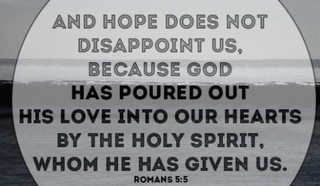- Recent Translations
- All Translations
Kehillah in Rome 5:13
Share
Settings
Kehillah in Rome 5:13 Meaning and Commentary
For until the law, sin was in the world
This is a proof of sin's having entered into the world, by one man's transgression of the positive law of God, which forbid him the eating of the fruit of the tree of knowledge of good and evil; since it was in the world before the law of Moses was given: the sin of Adam and the guilt of that were in the world before, and came upon all men to condemnation; the general corruption of nature appeared before; and actual sins, and transgressions of all sorts were committed before; as by the immediate posterity of Adam, by the men of the old world, by the inhabitants of Sodom and Gomorrah, by the patriarchs and their posterity, by the Egyptians, Canaanites, and others. They were all guilty of sin, corrupted by it, and under the dominion of it, except such as were released from it by the grace of God: now when sin is said to be until this time, the meaning is not that it existed and continued until the law of Moses took place, and then ceased; for that law did not, and could not take away sin, it rather increased it, at least it became more known by it; but that it was in being before it, and had influence and power over the sons of men, so as to subject them to death:
but sin is not imputed when there is no law.
This looks like an objection, that if there was no law before Moses's time, then there was no sin, nor could any action of man be known or accounted by them as sinful, or be imputed to them to condemnation; or rather it is a concession, allowing that where there is no law, sin is not imputed; but there was a law before that law of Moses, which law was transgressed, and the sin or transgression of it was imputed to men to condemnation and death, as appears from what follows.


